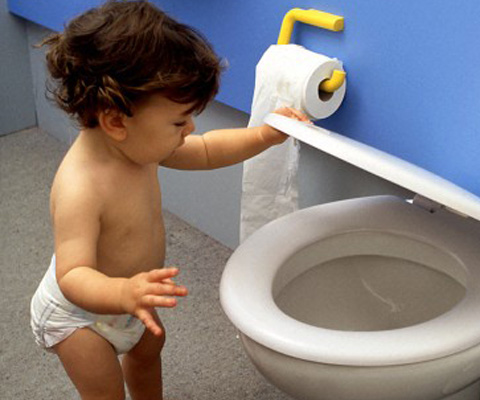Toileting : Bladder and Bowel Control course for Nurses


This session describes the process through which children gain continence. In addition this session also covers the recognition and management of common problems.
Learning objectives
By the end of this session you will be able to:
- Describe normal anatomy and physiology associated with urinary and bowel continence
- Outline the process whereby normal children achieve continence
- Advise parents on toilet training in healthy children
- Discuss the range of variation and factors that impair or promote continence
- Describe the effects of constipation on toilet training
- Explain some of the causes of delayed urinary continence, initial assessment and management
Toilet training is an important developmental milestone in the life of any child allowing independence and social acceptance.
Toilet training can be a stressful and difficult time for parents and children. The time it takes for a child to become clean and dry during the day will vary a great deal. Informed advice from a professional can be invaluable to parents/carers.
Anne Wright, MBBCh, MRCPCH, MSc Comm Paeds, has a joint consultant post as hospital consultant in charge of the Children’s bladder clinic at the Evelina Children’s Hospital (Guys and St Thomas) where she works closely with the nephro-urology and paediatric neurology departments covering the full spectrum of bladder disorders from severe resistant enuresis to neuropathic bladders in spina bifida.
She is responsible for paediatric urodynamic investigation within the service. She also manages children with joint bladder and bowel dysfunction.
The second post is as Consultant Community Paediatrician in Southwark with responsibility for the bowel and bladder clinic in the community as well as physical and learning disabilities, neurodevelopmental disorders (Autistic spectrum disorders, ADHD) and child protection.
As of 2010, she has been Chairman of the ERIC clinical advisory committee and is a member of the Paediatric Continence Forum.


Anne Wright, MBBCh, MRCPCH, MSc Comm Paeds, has a joint consultant post as hospital consultant in charge of the Children’s bladder clinic at the Evelina Children’s Hospital (Guys and St Thomas) where she works closely with the nephro-urology and paediatric neurology departments covering the full spectrum of bladder disorders from severe resistant enuresis to neuropathic bladders in spina bifida.
She is responsible for paediatric urodynamic investigation within the service. She also manages children with joint bladder and bowel dysfunction.
The second post is as Consultant Community Paediatrician in Southwark with responsibility for the bowel and bladder clinic in the community as well as physical and learning disabilities, neurodevelopmental disorders (Autistic spectrum disorders, ADHD) and child protection.
As of 2010, she has been Chairman of the ERIC clinical advisory committee and is a member of the Paediatric Continence Forum.
- Anaesthesia | Paediatrics | Pharmacokinetic,Pharma...
- Posted By eIntegrity Healthcare e-Learning
- Posted Date: 2024-11-18
- Location:Online
- This session will provide an overview of pharmacokinetic (PK) maturation during infancy and the use of size models to describe PK differences between children and adults. It will go on to describe known pharmacodynamic (PD) differences and consider the im
- Anaesthesia | Paediatrics | Opioids In Paediatrics...
- Posted By eIntegrity Healthcare e-Learning
- Posted Date: 2024-11-18
- Location:Online
- This session looks at practical opioid pharmacology applied to the clinical use of different agents for neonates, infants and small children.
- Anaesthesia | Paediatrics | Advanced Paediatric Li...
- Posted By eIntegrity Healthcare e-Learning
- Posted Date: 2024-11-18
- Location:Online
- This session addresses the advanced management of the critically ill child and the child in cardiac arrest.
- Anaesthesia | Paediatrics | Head Injury
- Posted By eIntegrity Healthcare e-Learning
- Posted Date: 2024-11-18
- Location:Online
- This session describes the principles of stabilisation and management of a child with a head injury and how this differs from the management of an adult patient. This includes methods of assessment, effects and management of raised intracranial pressure,
- Anaesthesia | Paediatrics | Multiply Injured Child...
- Posted By eIntegrity Healthcare e-Learning
- Posted Date: 2024-11-18
- Location:Online
- This session looks at the initial management and stabilization of the multiply injured child with reference to published trauma guidelines.







